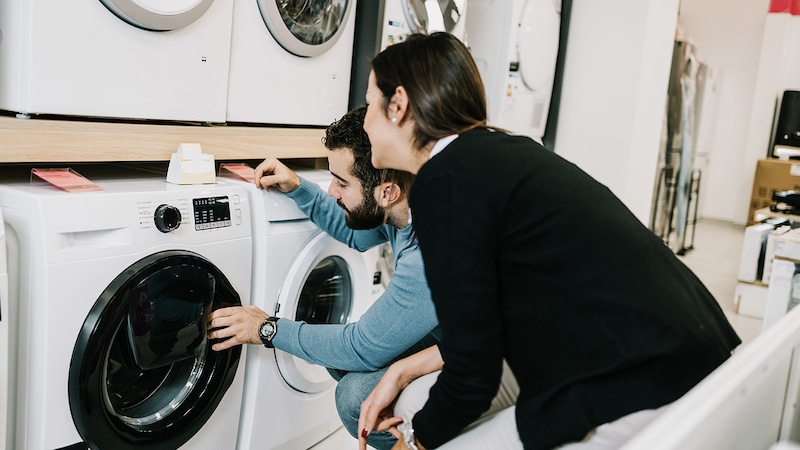What to do when you put a large purchase on a credit card

Quick insights
- You do not need to notify your credit card issuer before making a big purchase due to advancements in fraud detection technology.
- Checking your credit limit before making a big purchase may be wise so you can confirm you have enough available credit.
- If your purchase is significantly higher than your usual spending, it could be flagged as fraudulent as a way to protect your account.
Big expenses can be planned or unexpected. No matter when or why they happen, you may consider putting them on a credit card. If you do, there are some things you may want to consider before you use your available credit.
What is considered a large purchase on a credit card?
What you consider a large purchase may depend on your current financial situation. A $500 purchase can feel large to some people and routine to others.
A more straightforward classification can be tied to your credit utilization ratio. Credit utilization compares the credit you have available with your total credit limit. Your card issuer may consider any purchase that would bring you over 30% of your credit utilization as large.
If you don't routinely put large purchases on your card or if a purchase you plan to make will significantly lower your available credit, this could raise some concerns with your card issuer.
Should you notify your credit card issuer about large purchases?
No, you don’t need to notify your credit card issuer when you make a large purchase. This is due to advancements in fraud detection technology. If necessary, your card issuer may reach out to confirm purchases. Provided you keep your credit card contact information up to date, your issuer will be able to reach you when needed. No other action is needed.
Large purchases and your credit score
Keep in mind that large purchases may temporarily affect your credit score since they will likely increase your credit utilization ratio. Using a credit card for big expenses may impact your credit score if it raises your credit utilization ratio too high.
Managing repayment of large purchases on credit cards
Ideally, you will have a plan to pay off a large purchase before your statement closes so you avoid accruing interest. The more quickly you can pay off your purchase, the less you'll pay in interest charges.
This could mean that you make one big payment or split the cost into a certain number of monthly payments.
When making a large purchase that you can't pay off within one billing cycle, you might want to consider using a credit card with a low interest rate or even better, one that has an even lower introductory offer, if possible.
Saving up for large purchases vs. putting them on a card
You may choose to save up and pay cash for a large purchase instead of putting it on a credit card. By doing that, you can avoid interest charges, reduce your financial risk by not adding to your debt and avoid any potential impact on your credit score.
However, if you prioritize earning credit card rewards, you may find putting the charge on a card is more beneficial.
In summary
If you're going to put a large expense on your credit card, you do not need to notify your card issuer before you make the purchase. However, you may want to check your credit limit to ensure you have enough credit available.



